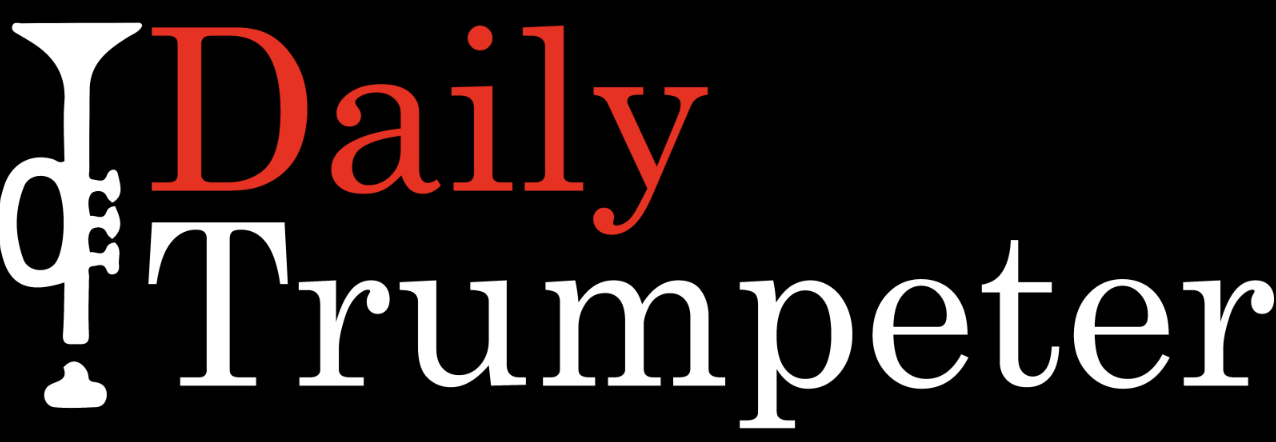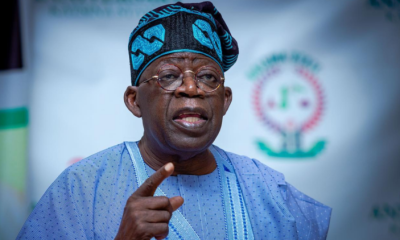Opinion
Tax Reform Bills : What do we want?
By Lanre Ogundipe
Typical of major issues in our dear country, the proposed Tax Reforms Bills, 2024 transmitted to the two chambers of the National Assembly by President Bola Tinubu in October for necessary legislative inquisition has snowball into spectre of muscle flexing, talk-backs, and mudslinging. For weeks, the matter has dominated the media space. Suddenly, many people are “experts” on tax matters. At every fora; not minding the size, it is common to see some people waxing “authoritative” as they marshall arguments for or against the Bills. What a country!
Following debates, interactions, and thoughts-sharing on different platforms has revealed the burning desire, and passion for national development. However, one disturbing fact is the exhumation of our fault lines; ethnicity, tribal, and regional persuasions in the on-going needless brouhaha. Also, bandwagonism are easily noticeable as many commentaries are mere regurgitation of opinions by some “experts.” More worrisome is that many of those pontificating and sermonizing are yet to study the Bills.
Though one cannot pretend to be an authority on tax matters but as a journalist, social activist, humanist, and public policy analyst, the writer has been privileged to read, and study the Bills. Fact is, the Taiwo Oyedele-led Committee deserves some applause; not condemnation for devoting time, intellect, and capacities in the ideation of each of the four Bills. Like or loathe him, President Bola Tinubu should be commended for providing the necessary political will for the conceptualization of the Bills which seeks to revolutionalize tax generation, attribution, and distribution.
For starters, the proposed reforms speaks to number of issues that would positively drive economic growth, and transformational development on solid foundations. Perhaps, it is trite for Nigerians (those for and against the Bills) to interrogate the document in more informed, and refined approaches. Not bad if people can dispassionately encore on the poser by the Senate Leader, Opeyemi Bamidele. The Ekiti-born politician asked that, “are the Tax Reform Bills truly regressive or antithetical to people’s aspirations, as some state governors (and other Leaders) have claimed?”
Contrary to assumptions by some people, the opinions, and position reeled out by the National Economic Council, (NEC), chaired by Vice President Kashim Shettima, and the National Assembly does not, in any way indicate cracks or divisions in the relationship between the legislative and executive arms of government. Rather it is a plus for governance, as it reveals the resoluteness, doggedness, and commitment various leaders have shown in building a robust economy that can be insulated from external shocks.
No doubt, the COVID-19 pandemic, and global economic meltdown threw up many development challenges but it also provides opportunities for economic recovery, and deepening of sectoral development. From the issues canvassed in the Bills, veritable templates for reforming the tax system; prioritizing economic growth; providing opportunities for business growth; and boosting production capacity of the economy are top on the plate. In terms of business taxation, the reform is aimed at improving and encouraging investments, competitiveness, innovation, and dynamism. Other benefits includes:- cleaning up complicated tax provisions; eliminating tax penalties on families which will ensure financial security as real earnings and savings are guaranteed; improved employment generation; and quality job offers.
If and when the Bill comes into operation, policy makers can deploy some of the major components as strategic tools to improve tax incentives, contain inflation, and for long-term economic planning and development. Each of the reforms are properly articulated to help citizens by creating the federal tax code to prioritize economic growth; creating conditions for improved investments; enhanced standards of living; and similar other benefits. The Tax Reform would create resilience against uncertainty and higher inflation; and increase global competitiveness of Nigerian business enterprises among other countries in the world.
As enunciated in the Bill, reforms on VAT regime are geared towards establishing simplified, effective, and efficient system which will provide grant of full input VAT credit for businesses to reduce cost of production, and ease strain on cash flows. It will expand the list of basic food items, educational and health care products to be exempted from VAT to protect the lower class; harmonization of all consumption taxes, and adjustment of the revenue sharing formular to favour sub-national units; address the challenges of multiplicity of taxes. VAT exemption threshold for small businesses; removal of VAT on export of service, and intellectual property to promote non-oil exports; upward adjustment to the VAT rates on items not exempted to avoid significant drop in revenue; and the introduction of VAT fiscalization and electronic invoicing are some of the novel innovations.
More importantly, the Tax Reform proposes to launch Nigeria’s First Tax Inspectors Without Borders – Criminal Tax Investigations Program in conjunction with the United Nations Development Programme, (UNDP) and the Organization for Economic Cooperation and Development. The programme is aimed at combating tax evasion, curbing illicit financial flows, and entrenching tax transparency in the country’s fiscal regime. Through this, there would be capacity building for tax crime investigators; strengthening enforcement frameworks for effective dispute resolution; facilitate knowledge sharing between Nigeria’s tax regulatory agencies and it’s associates across the world; and deepening linkages for improved service deliveries.
Generally, no proposition is perfect, no matter how ingenious, creative, and imaginative. The Tax Reform Bills can not be an exception. Rather than subject the proposal to outright condemnation, and vilification, Nigerians; particularly the political elites and economic class are advised to channel their misgivings and fears to the appropriate channels of inquisition – the legislature. It is time politicians eschew negative theatrics and dirty games in matters that bothers on national development. It is argued that few people who have been serial beneficiaries of the present flawed tax system are behind the growing orchestrated attacks on the proposal. It needs to be reiterated that to move Nigeria to her rightful place amongst the comity of nations, every narrow-minded, archaic factors, and banal reasoning must be thrown into the abyss, and replaced with modern, quality, and dynamic leadership modules.
Lanre Ogundipe was former President, Nigeria & African Union of Journalists















